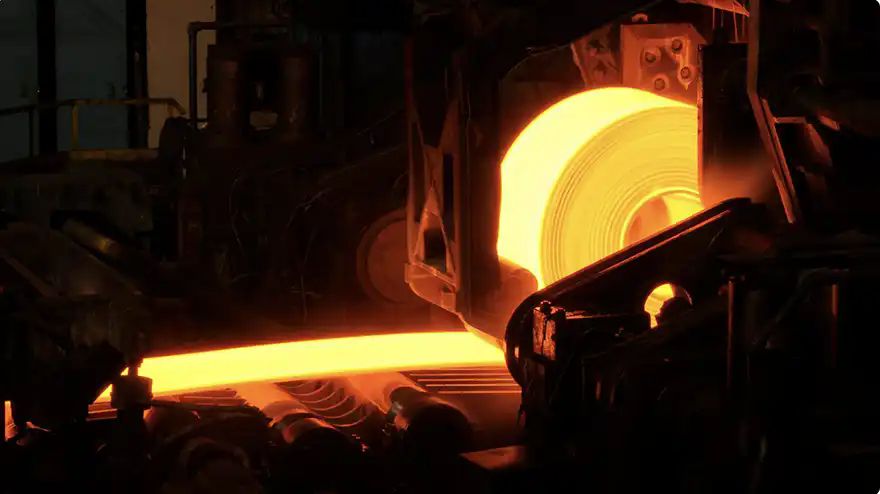 UK Steel
UK Steel released new figures last week highlighting the ongoing disparity in industrial electricity prices, with British steelmakers continuing to pay significantly more for power than their European counterparts. Despite recent Government interventions, the data shows that UK producers will still face electricity costs up to 25% higher than those in France and Germany during 2025/26 — an annual burden of £26 million.
The findings come at a critical time for the sector, as the industry accelerates its transition to electric arc furnace technology. With electricity forming a core input in steel production, competitive pricing is essential not only for operational viability but also for long-term investment and the UK’s ambitions to decarbonise heavy industry.
The report outlines a clear route to closing the price gap. It calls for the introduction of two-way Contracts for Difference (CfDs) for wholesale electricity, a mechanism already in place in France and Germany and backed by independent consultancy
Baringa. It also urges the Government to ensure that the uplift to 90% compensation for network charges is backdated to April 2025, preventing another year of inflated costs for domestic producers.
Tackling the disparityGareth Stace, director-general of
UK Steel, said: “The Government has already taken steps to tackle uncompetitive industrial power prices, which have been greatly welcomed by the industry. However, our report shows that Britain’s steelmakers are still paying millions more for electricity than our European competitors.
“The UK steel industry has a hand tied behind its back as it faces electricity prices up to 25% higher than its European competitors, let alone its global counterparts. Uncompetitive power prices pose a threat to jobs, future investment, and our ‘net zero’ ambitions. Our report shows there is now a straightforward solution — with a two-way CfD mechanism and swift backdating of network charge relief, the Government can finally eliminate the disparity in industrial electricity prices.
“The prize is enormous. By securing competitive power prices, the UK can build a modern, low-carbon steel industry that underpins growth in clean energy, infrastructure, and manufacturing for decades to come.”